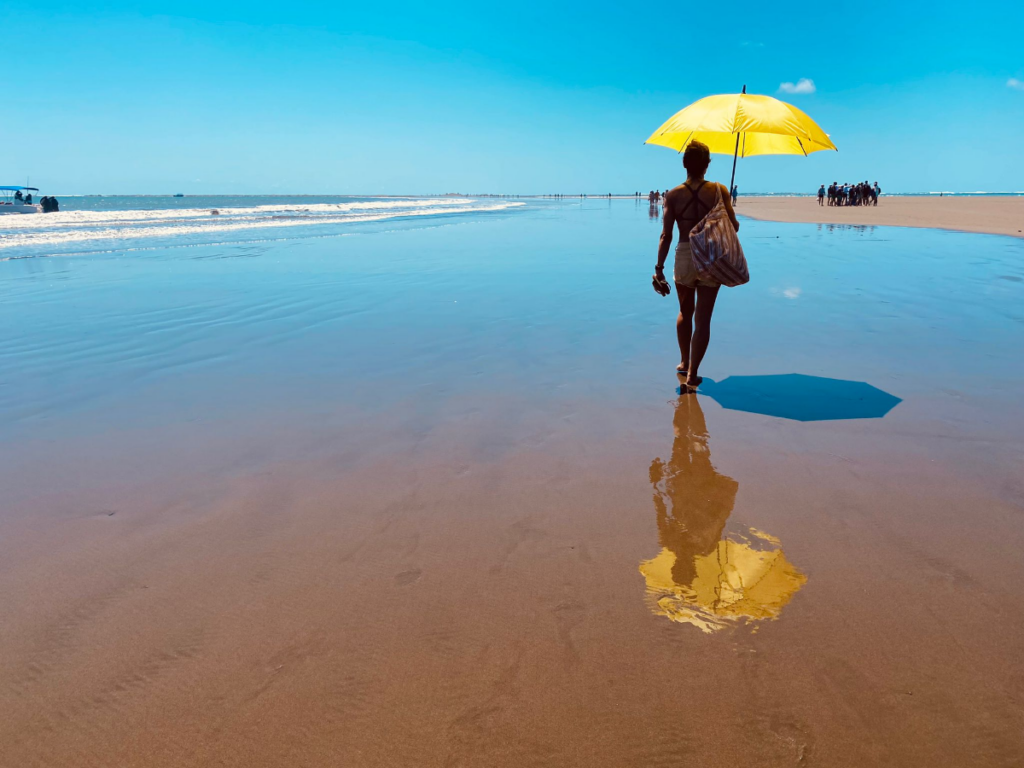#Resilience Blog
Really Really Understanding How We Communicate
I was on a retreat in Costa Rica with Hot Yoga Asheville recently when I ran across an interesting development in language I thought would be fun to share – doubling up words.
My friend Kristie was there with a camera that wasn’t her cell phone. And I said to her, “You use a camera camera.”
And then I turned to see my son Paul reading a physical book and said, “Hey Paul, you’re reading a book book.”
The more examples we came up with for this phenomenon, the more we realized it breaks down into two elements.
One is a noun that indicates an item that has a digital companion that’s superseded it in its frequency of use – you know, a letter letter instead of an email.
In other words, they’re a sign of the times – almost a before and after picture. I mean, you have to go through a few steps (like getting their physical address and buying stamps) to actually send that letter letter when it’s much more common now to just send the email.
The second group is really more about a point of emphasis, which isn’t new to the English language. I remember my grandmother would use the word very to indicate how valuable something was. It was a very very nice set of china or a very very nice lunch. Three “very’s were rare indeed and most often used on jewelry!
Some have a more contemporary resonance. For example, the sand in Costa Rica was hot hot. And there are moments when you want to have a serious conversation that you tell someone you need to have a talk talk.
On the second day of the retreat, someone came up to me and shared a really great example they remembered from the movie Shrek. As Shrek and his friend Donkey are walking along, Shrek emphasizes his statement by saying, “Really really.”
Even though this was a really lighthearted exercise for us on the beach, it did make me stop to think more about what’s happening in the world. There is so much innovation that we’ve really had to find a way to communicate it to others via our word choices.
When you need to make a point of emphasis (which is really important), how do you do that? Is it in advance of something or following it? Is it describing what’s going to happen or a way of demonstrating understanding?
Anyway, we found this interesting and had a lot of fun looking for them and listening to ourselves. So I hope you really really enjoyed this.
